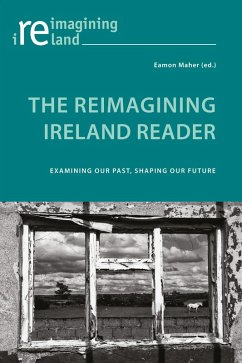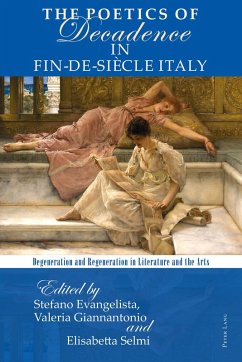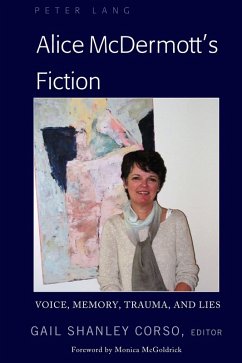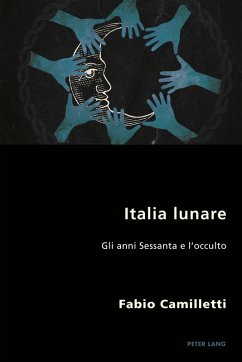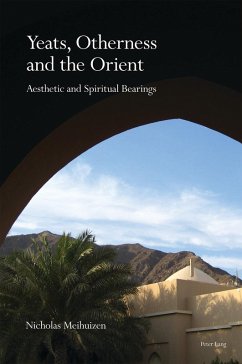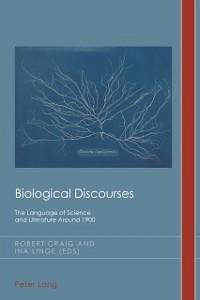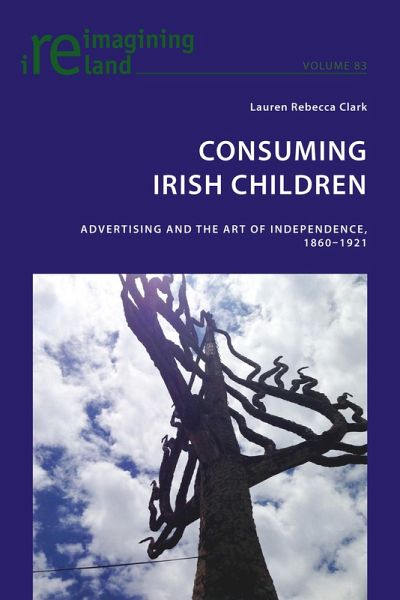
Consuming Irish Children (eBook, PDF)
Advertising and the Art of Independence, 1860-1921
Versandkostenfrei!
Sofort per Download lieferbar
Statt: 64,10 €**
51,95 €
inkl. MwSt.
**Preis der gedruckten Ausgabe (Broschiertes Buch)
Alle Infos zum eBook verschenkenWeitere Ausgaben:

PAYBACK Punkte
26 °P sammeln!
As far as Irish history is concerned, consuming Irish children was not only a matter for Jonathan Swift's A Modest Proposal. Late nineteenth-century Ireland saw the emergence of a thriving home-grown advertising industry, and the Irish child played a pivotal role in developing a nascent consumer state from the 1860s until 1921. Through extensive analysis of advertising copy, historical materials, ephemera and literature, this study links the child-centred consumer culture of Victorian Ireland with its impact on the establishment of the independent state. This form of «Celtic consumerism» was...
As far as Irish history is concerned, consuming Irish children was not only a matter for Jonathan Swift's A Modest Proposal. Late nineteenth-century Ireland saw the emergence of a thriving home-grown advertising industry, and the Irish child played a pivotal role in developing a nascent consumer state from the 1860s until 1921. Through extensive analysis of advertising copy, historical materials, ephemera and literature, this study links the child-centred consumer culture of Victorian Ireland with its impact on the establishment of the independent state. This form of «Celtic consumerism» was also evident in Scotland following the Gaelic Revival, positioning the child as the newest participant in a national process of consumption. Due to high child literacy rates, which outstripped those of mainland Britain, Ireland's children were appealed to as literate consumers in advertising copy and were informed of the perils or benefits of consumer culture in late Victorian Irish literature. This book presents a fascinating picture of the role of the child in the Irish marketplace at the fin de siècle, as well as investigating simultaneous developments in the Irish education system and laws concerning the care and welfare of children.
Dieser Download kann aus rechtlichen Gründen nur mit Rechnungsadresse in A, D ausgeliefert werden.





